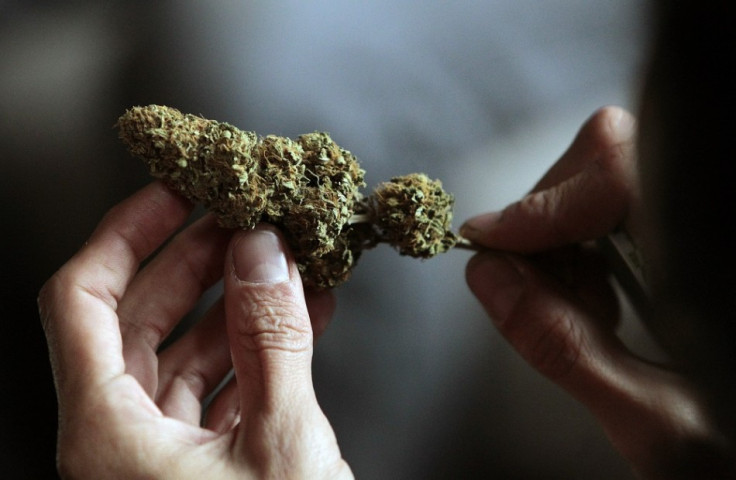UN to call on governments across the world to decriminalise all drugs says Sir Richard Branson

A body of the United Nations (UN) is set to call on governments across the world to decriminalise the use and possession of drugs for personal consumption for all drugs, according to reports.
The UN Office on Drugs and Crime (UNODC), a department "mandated to assist member states in their struggle against illicit drugs, crime and terrorism" is set to issue a statement calling for a total relaxation of the current laws in order to end the "needless criminalisation" of millions of drug users around the world.
The decision is being described as a "refreshing shift" by Virgin Group founder Sir Richard Branson, a long-time advocate of the decriminalisation of drugs and member of the Global Commission on Drug Policy, a group of former world leaders, politicians and UN members who are calling for the overhaul of the current drugs laws seen across most of the world.
In a blog post on the Virgin website, Branson said there is an "as-yet unreleased statement circulated to the BBC, myself and others" by the UNODC – who have shaped much of global drug policy for decades – which states its desire for a change in the current drug laws.
Branson wrote: "Together with countless other tireless advocates, I've for years argued that we should treat drug use as a health issue, not as a crime. While the vast majority of recreational drug users never experience any problems, people who struggle with drug addiction deserve access to treatment, not a prison cell.
Together with countless other tireless advocates, I've for years argued that we should treat drug use as a health issue, not as a crime
"Yet, in their zeal for chasing the illusion of a drug-free world, governments have poured billions into tough law enforcement that did nothing to reduce drug supply or demand, or take control from the criminal organisations in charge of the global drug trade.
"In the US alone, over 1.5 million people were arrested in 2014 on non-violent drug charges, 83% of those solely for possession. Globally, more than one in five people sentenced to prison are sentenced for drug offences.
"It's exciting that the UNODC has now unequivocally stated that criminalisation is harmful, unnecessary and disproportionate, echoing concerns about the immense human and economic costs of current drug policies voiced earlier by UNAIDS, the World Health Organization, UNDP, the UN high commissioner for human rights, UN Women, Kofi Annan and UN secretary-general Ban Ki-moon."
In a press conference in January 2014 by the Global Commission on Drug Policy, Branson compared the war on drugs to a failing business that has got "worse and worse" over the past 50 years.
He was speaking following the publication of the commission's report, Taking Control: Pathways To Drug Policies That Work, which urged world leaders to "break the taboo" and admit the way on drugs is a "failure". It was backed by backed by former presidents of Brazil, Mexico and Switzerland, among others, as well as Annan, and former UN high commissioner for human rights Louise Arbour.
© Copyright IBTimes 2024. All rights reserved.






